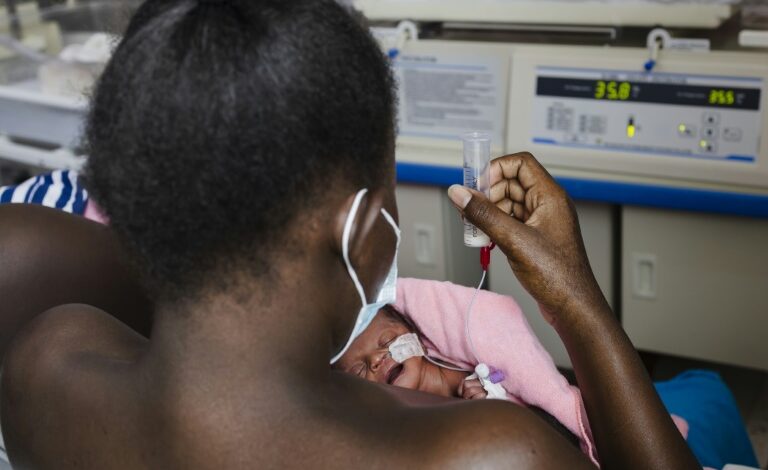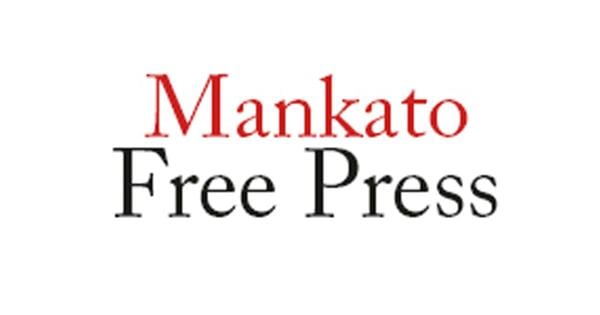Kenya’s Pumwani Maternity Hospital: A Lifeline for Premature Infants

At just four days old, Grace-Ella relies on donated breastmilk at the Pumwani Maternity Hospital, Kenya’s only facility providing this essential service. The breastmilk bank, established in 2019 with support from British aid and the non-governmental organization PATH, plays a crucial role in the survival of premature babies. Each year, approximately 134,000 infants are born prematurely in Kenya, many of whom struggle to thrive due to the inability of their mothers to produce adequate breastmilk.
For mothers like Margaret Adhiambo, the decision to utilize the breastmilk bank can be daunting. Adhiambo, who delivered Grace-Ella at just 30 weeks, initially felt guilty accepting milk that was not her own. “It was super-exciting,” she said, reflecting on her experience. “Before I accepted, I was a bit sceptical… But it helped me because my daughter didn’t starve; at least she got some food.”
The benefits of breastmilk for underweight and premature infants are well-documented. According to Dr. Muthoni Ogola, who oversees the program, babies receiving human milk show faster growth compared to those fed formula. The World Health Organization (WHO) has noted that fewer than half of infants globally are exclusively breastfed, highlighting a significant gap in infant health.
The Pumwani Maternity Hospital, which cares for at least 90 mothers and babies at a time, is facing challenges in meeting the demand for donated breastmilk. Hannah Wangeci Maina, a nurse at the facility, noted the overwhelming response from mothers eager to donate. During a recent visit, she assisted first-time mother Esther Wanjiru in the donation process. After counseling and medical testing for diseases such as HIV and hepatitis, Wanjiru expressed joy in contributing to the welfare of premature infants. “It feels good to help… It sort of feels like a massage,” she said with a shy grin.
The hospital currently provides breastmilk primarily to hospitalized children, with limited ability to reach mothers in the community. Hospital CEO Christine Kiteshuo expressed frustration over the lack of resources. “Some of this equipment can only be found in Europe or the US, so it becomes a problem for us to procure,” she explained. The cost-effectiveness of breastmilk compared to formula is evident, yet the expensive equipment necessary for processing and storing the milk poses a significant barrier.
Many mothers live in informal settlements lacking basic necessities like refrigerators and clean running water, complicating efforts to extend services beyond the hospital. Kiteshuo emphasized the need for community support, stating, “That becomes one of the challenges we experience right now — that we cannot help the mothers outside the facility.”
With the breastmilk bank at Pumwani Maternity Hospital, premature infants like Grace-Ella have a fighting chance. The generosity of mothers willing to donate their breastmilk not only nourishes these vulnerable babies but also fosters a sense of community and support among families facing similar challenges. As Kenya continues to grapple with high rates of prematurity, initiatives like this are vital in ensuring that every infant receives the best possible start in life.






